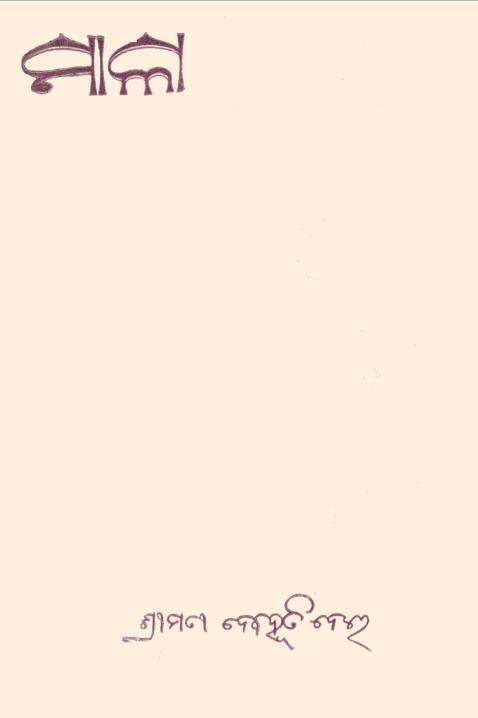Poetry Mala, published in 1931 by the talented poet Debahuti Dei, stands as a significant contribution to the realm of Indian literature, marked by its delicate blend of emotion, nature, and spirituality. The title itself translates to A Garland of Poetry, suggesting a collection that strings together various themes and motifs, each serving as a pearl of wisdom or an expression of the human experience. This collection not only showcases Debahuti Dei’s literary prowess but also invites readers to reflect on the nuances of life through her eloquent verses.
At the heart of Poetry Mala lies a tapestry woven from the threads of love, nature, and the deep contemplations of the human soul. Debahuti Dei explores multifaceted emotions, from the joys of love to the sorrows of loss, encapsulating the essence of what it means to be human. Nature serves as an essential backdrop in her poetry, often reflecting the inner turmoil and tranquility of the characters she depicts. Through her vivid imagery, readers are transported to lush landscapes, tranquil lakes, and blooming gardens, all while navigating the complexities of the heart.
In Poetry Mala, one of the most striking aspects is Debahuti Dei’s ability to merge human emotions with the elements of nature. Her verses illustrate how the changing seasons mirror the changing moods of life. For instance, a vibrant spring represents new love and hope, whereas a cold winter might signify heartache and solitude. This interconnection emphasizes the idea that our emotional landscapes are deeply intertwined with the world around us.
At its core, the collection is infused with themes of love—romantic, platonic, and divine. Debahuti Dei delves into the different manifestations of love, portraying it as a force that transcends time and space. Her poignant reflections on love evoke a myriad of sentiments, from the exhilaration of new romance to the bittersweet pangs of farewell. Through her poignant words, she invites readers to embrace love in all its forms, celebrating its ability to uplift and transform.
Debahuti Dei’s poetry also reflects a deep spiritual quest. Several verses touch on themes of introspection and a search for deeper meaning in life. This exploration extends beyond the material realm, prompting readers to ponder their place in the universe. The poet weaves powerful metaphors that illustrate the journey of the soul, urging readers to seek wisdom and enlightenment—an invitation to transcend the mundane and connect with the divine.
Poetry Mala encapsulates the broad spectrum of human emotions. From joy and sorrow to peace and turmoil, Debahuti Dei portrays the intricacies of life with authenticity. Each poem serves as a reflection of our shared experiences, creating a sense of unity among readers. The language used is both accessible and profound, making her work resonate with a diverse audience.
Books Info
| Books name | Mala/ ମାଳା |
| Author | Debahuti Dei |
| No Of pages | 136 |
| Publisher | NA |
| Publication | 1931 |
| Printed At | B.K Kar B.A Saraswata Press |
| Distributor | NA |

